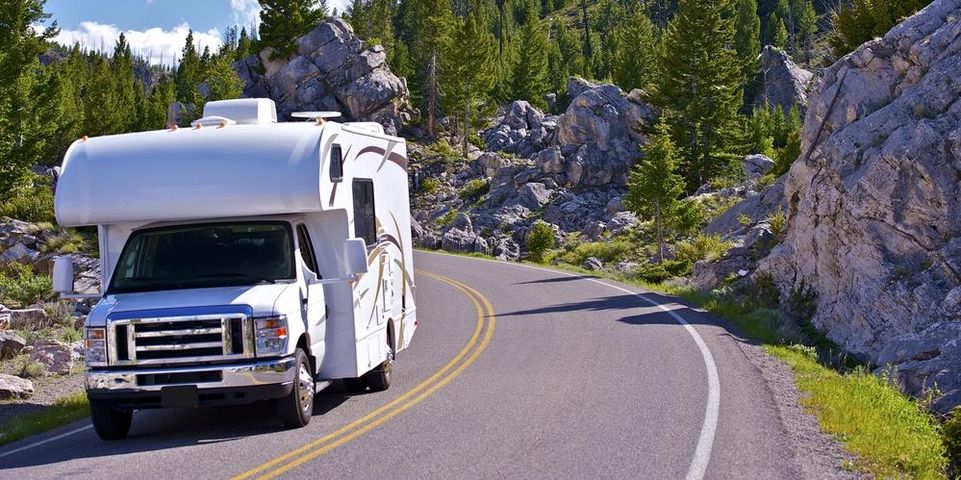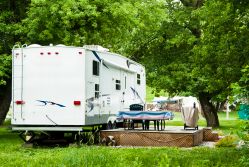Ask an Insurance Agent: Do I Need RV Insurance?

While your RV may feel like a home away from home, it’s an automobile at heart, and adding insurance is essential. Traveling uncovered leaves you open to extensive out-of-pocket costs if an accident occurs. The team at Dunlap Agency, Inc. in Fairbanks, AK, know RVs require very specific insurance based on their class, and understanding the system will ensure you get the coverage you need.
How Does RV Insurance Work?
For many people, RVs only get used during seasonal trips or extended vacations. Others, however, may use them year round. Insurance agents use this as a primary starting point for insurance premiums. The more the RV is used, the more risk is involved. RV coverage is also broken down into three classes: Class A, Class B, and Class C, with Class A being the most expensive. Each class pertains to the size of the vehicle and requires specific coverage needs, such as a camper compared to a bus. The home components of RVs also require specific insurance coverage. Because of this, you get a hybrid premium that covers both the vehicle and the appliances and items inside.
What Does RV Insurance Cover?
Like regular auto  insurance, RV coverage takes care of basic injury, collision, uninsured motorist, and liability coverage. Special components like campsite and vacation coverage are what make it different. Since the RV may be parked as a domicile for extended periods of time, personal effects need to be covered as well. It will also cover any custom parts or design work you’ve implemented. Overall, it’s a comprehensive safety net that treats the RV both as a home and an automobile.
insurance, RV coverage takes care of basic injury, collision, uninsured motorist, and liability coverage. Special components like campsite and vacation coverage are what make it different. Since the RV may be parked as a domicile for extended periods of time, personal effects need to be covered as well. It will also cover any custom parts or design work you’ve implemented. Overall, it’s a comprehensive safety net that treats the RV both as a home and an automobile.
If you’re in need of RV insurance, turn to Dunlap Agency, Inc. They offer a variety of cost-effective auto insurance options and will help you find an effective policy that matches your budget. Call (907) 456-5202 today to speak with an insurance agent, and visit their website to explore their products.
About the Business
(11 reviews)
Have a question? Ask the experts!
Send your question

